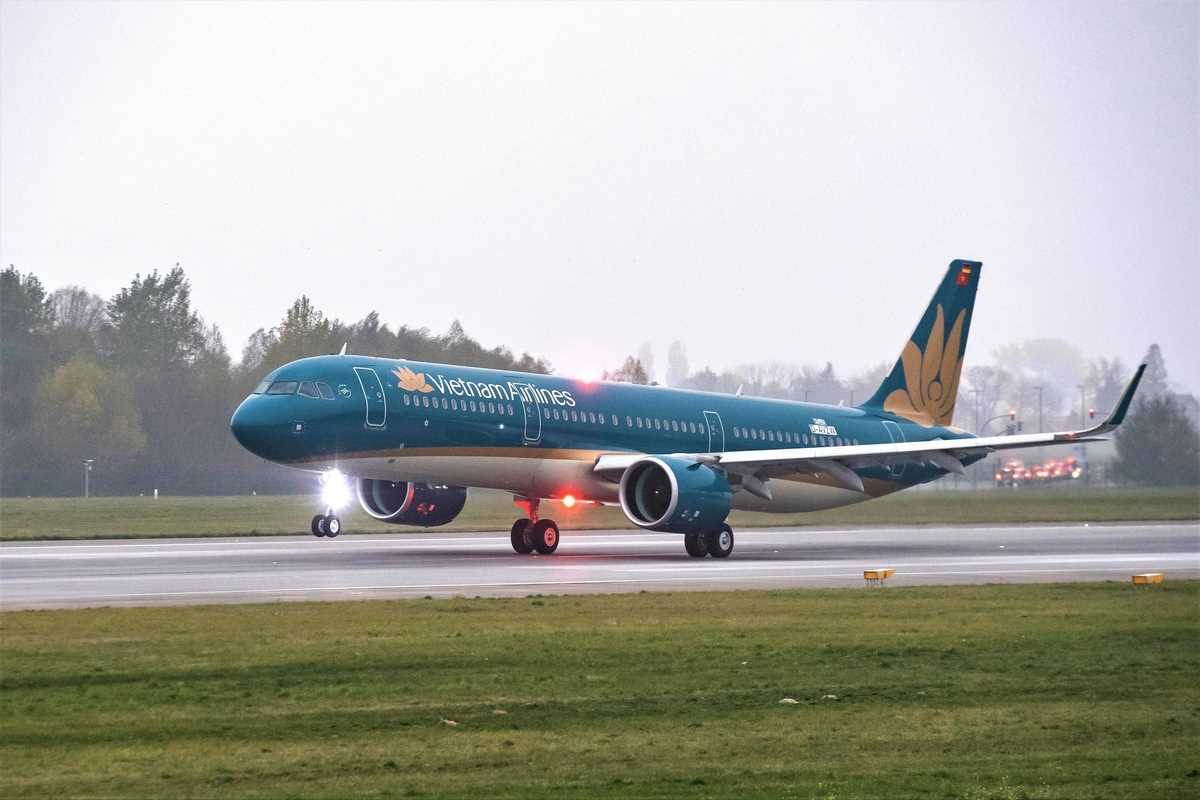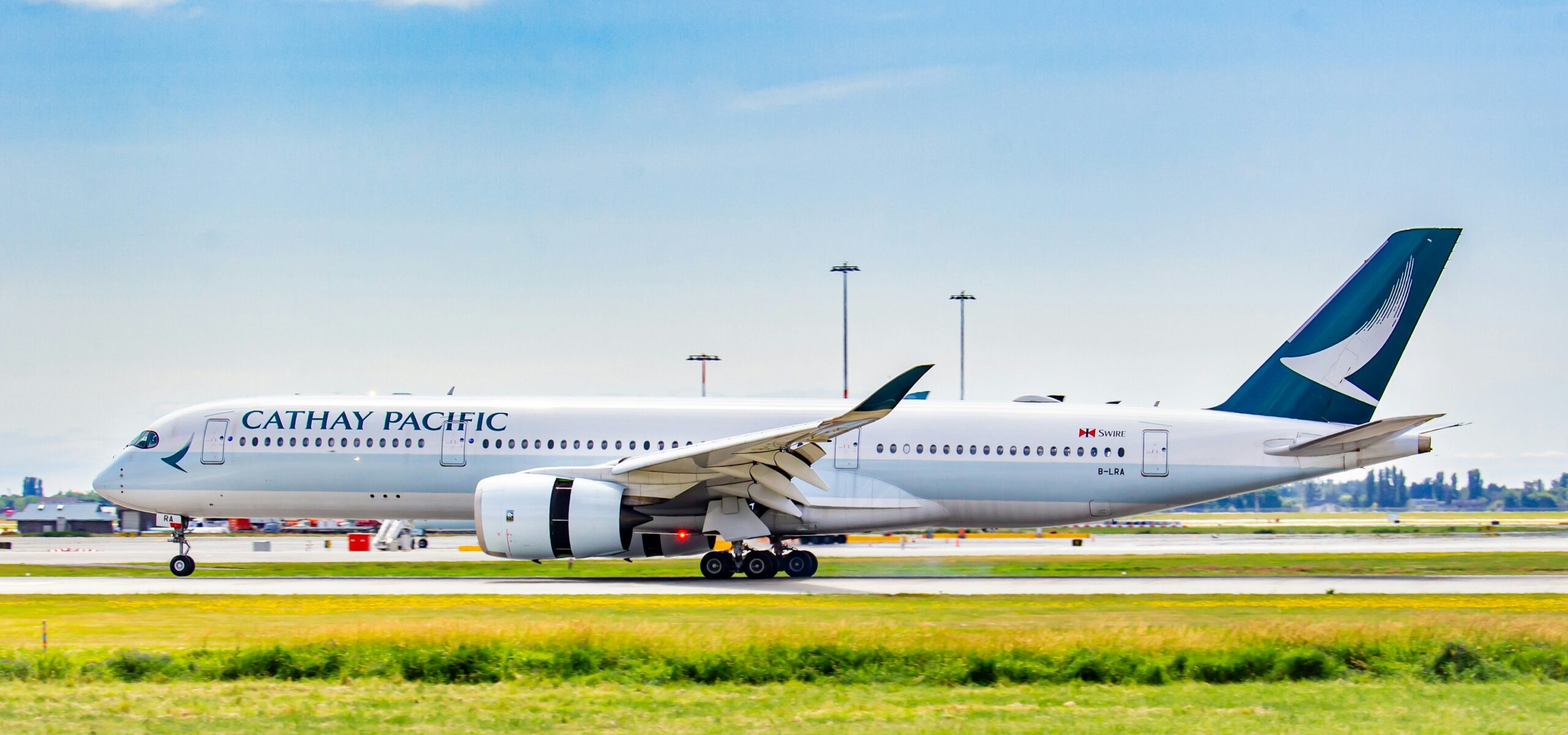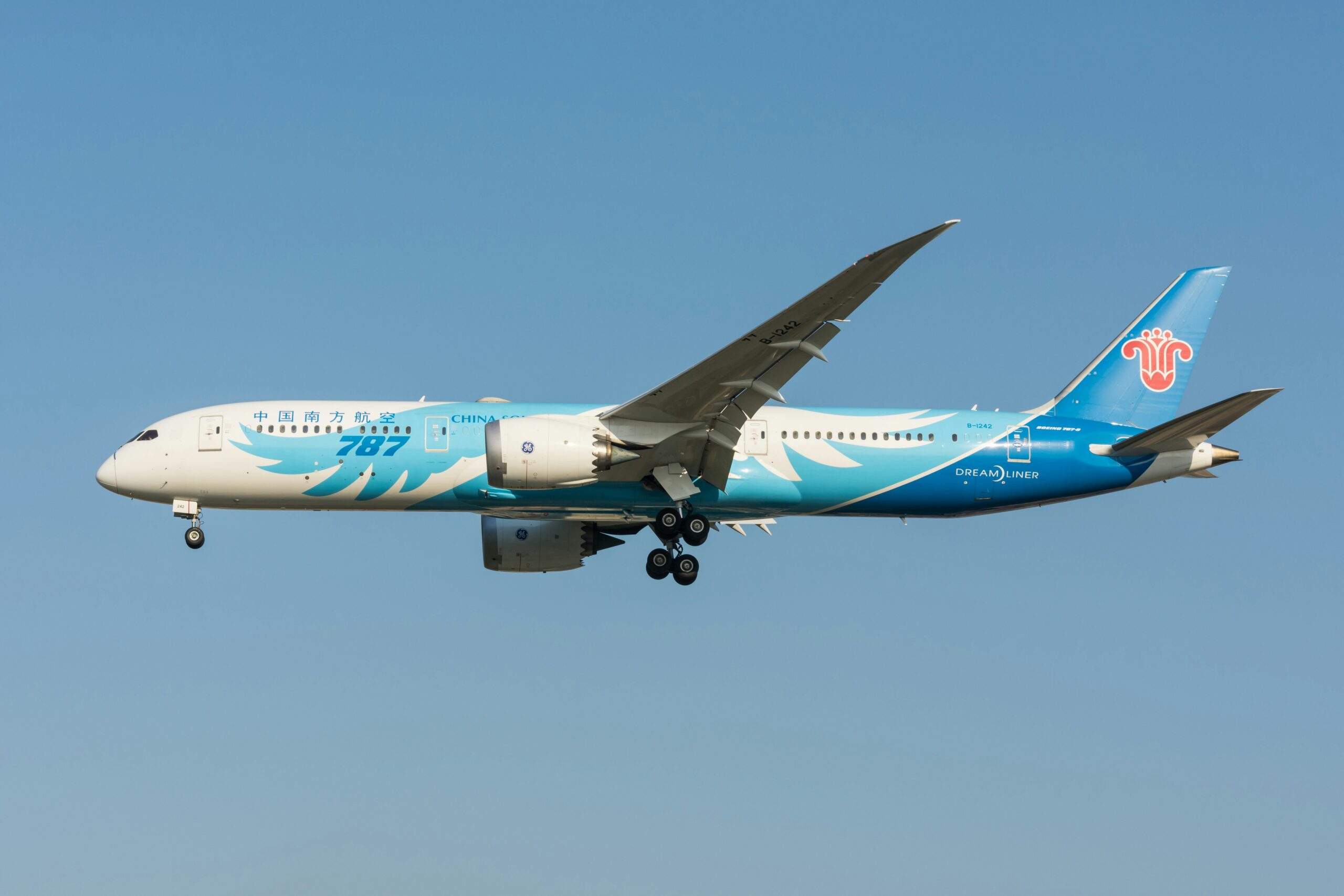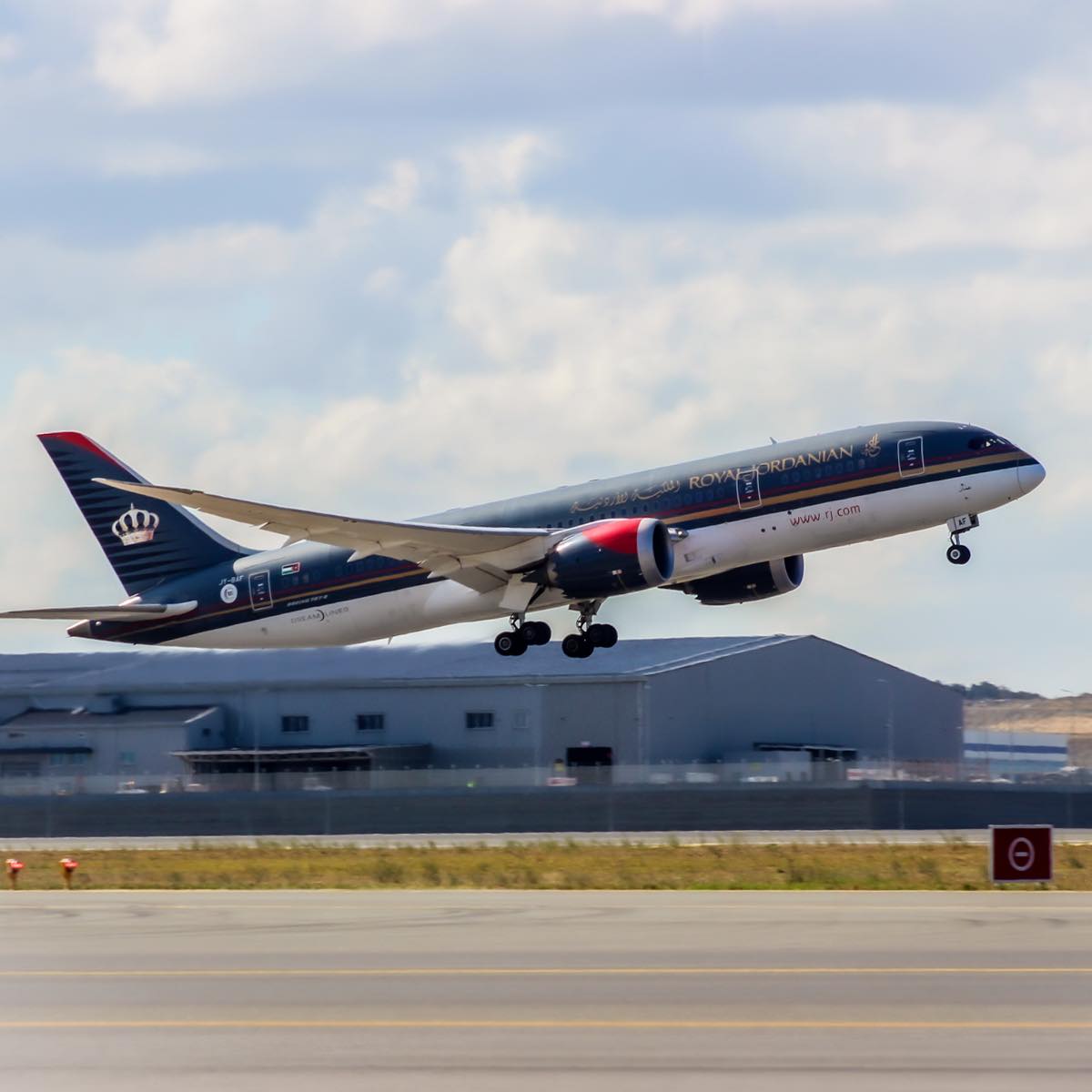Vietnam Airlines has acted fast as tensions rise in the Middle East. The airline rerouted its flights to avoid dangerous airspace over Israel, Iran, Iraq, and Jordan. These quick changes show how geopolitical events can instantly affect global travel routes. Vietnam Airlines, along with other Vietnamese carriers, has shown strong leadership by adjusting their routes to keep passengers and crew safe.
This conflict has pushed airlines to move fast and rethink how they operate. Flights to Europe continue without pause, but with smarter, safer paths. Airlines know that protecting passengers is more important than saving time or fuel. So, even though rerouted flights may take longer, they ensure every traveler reaches their destination safely.
Vietnam Airlines uses real-time tools to track airspace risks. This technology lets airlines change course instantly when new dangers appear. As Iraq and Jordan closed their skies, Vietnam Airlines avoided delays by planning smarter paths quickly. These tech-based moves help reduce the impact of sudden political events on travel plans.
The global airline industry faces a new kind of challenge. The fallout from the Israel-Iran conflict affects not just regional but also international flights. Longer journeys mean more fuel and higher costs. Yet, airlines like Vietnam Airlines continue operations with care and speed, proving their resilience.
Every shift in conflict forces airlines to adjust again. But Vietnam Airlines shows how strong strategy, fast decisions, and tech can keep people flying safely. The world may stay uncertain, but travelers can trust airlines that respond fast and smart. Vietnam Airlines leads by example, proving that safety always comes first—even during global instability.
Related stories:
Catch up on the top stories and travel deals by subscribing to our newsletter!











Leave a Reply